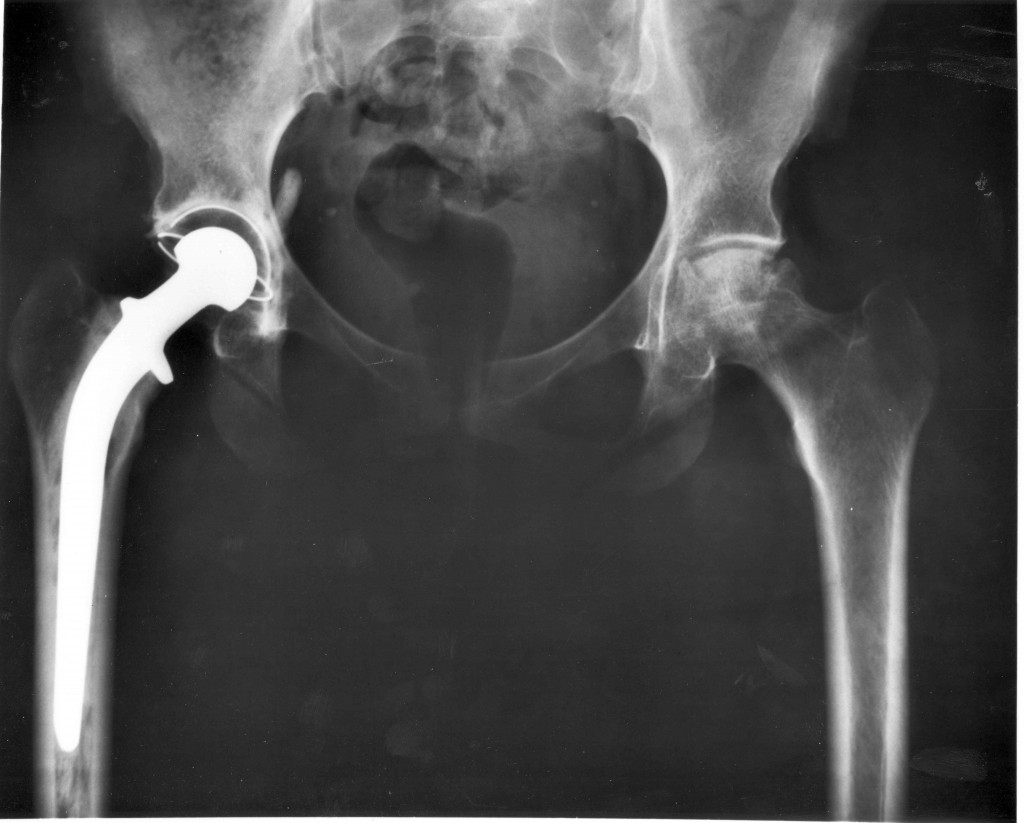Hip replacements made the news again in March as newly-released statistics showed that the number of hip replacements being carried out on people under the age of 60 had increased significantly.
This piece on the BBC claims under-60s’ hip replacements had rocketed by 76 per cent in the last decade – there were 17,883 carried out in 2014-5, compared to 10,145 in 2004-5.
Improved replacement hip technology has been suggested as a possible reason for the increase, with consultants holding more faith in the durability of replacement hips. Mistakes such as the degradation suffered by certain metal-on-metal hip replacements are unlikely to be repeated.
An operation of any sort is a significant undertaking – for the patient, it is traumatic and debilitating (in the short term); for the NHS, it is expensive and time-consuming.
However, correct management of the joint, both before the operation and as part of the rehabilitation process, can vastly improve the rate of recovery – and in some cases, can preclude the need for an operation altogether.
If you are considering undergoing a hip replacement operation, it is vital to bear the following advice in mind:
- The better condition a person is going into surgery, the better the outcome will be.
This is true of almost all surgeries, and hip replacements are no different. Injury specialists will be able to advise on the best way to prepare oneself for an operation, as well as offering ‘pre-habilitation’ services that are specifically designed to speed up the recovery process.
- Specific strengthening prior to surgery can have significant dividends in terms of pain, function and return to hobbies, post-surgery.
Of course, if you are in need of a hip replacement, then the idea of strength training may seem counter-intuitive, but it can have significant benefits. It is vital to speak to an expert who can manage the process carefully and ensure that strengthening work is a) affective and b) not causing any further damage to the joint.
A recent NSIC case study for a course of pre-operative shoulder injury treatment demonstrates the benefits that it can carry.
- Patient expectations can vary massively going into any surgery and this again can affect the outcome of any surgery.
Talking to a physiotherapist about a forthcoming surgery will help ensure the patient is fully prepared fortheir journey ahead. Operation rehabilitation can be a slow, sometimes frustrating process – but it will be far more frustrating to suffer a breakdown or relapse further down the line.
Doing the hard work with the right people will pay dividends in terms of the patient’s future well-being, mobility and quality of life.
- Not everyone needs surgery.
This is a very important point and is worth emphasising: not everyone actually needs surgery, and it might be that appropriate injury management can prevent the need for invasive, painful and costly operations.
NSIc has dedicated rehabilitation facilities and experienced physiotherapists therefore you can ensure that your problems are dealt with quickly and efficiently.
If you are suffering with hip pain, or are on the waiting list for an operation, please contact us to see if we can help. At the very least, we will be able to aid your recovery; at most, we may be able to help prevent the need for hip surgery altogether.
